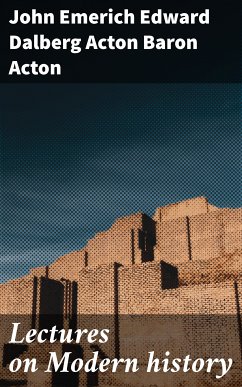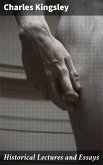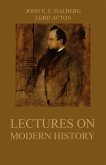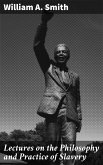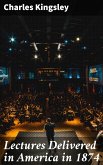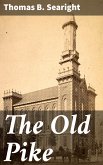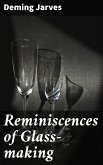In "Lectures on Modern History," John Emerich Edward Dalberg Acton, Baron Acton, presents a profound analysis of the evolution of modern political thought and its historical underpinnings. Delivered as a series of lectures, this work intertwines narrative history with incisive commentary, exploring themes such as liberty, authority, and moral responsibility. Acton's thoughtful dissection of critical events and ideas provides a rich tapestry of intellectual discourse that contextualizes modernity within the broader historical framework, employing a style that is both erudite and accessible. His arguments challenge the reader to reevaluate accepted historical narratives and consider the moral implications of political actions across different epochs. Baron Acton, a notable historian and political theorist, possessed a unique vantage point informed by his lifelong commitment to liberty and ethical governance. The insights he acquired through his studies of classical and contemporary historians, combined with his keen observations of political dynamics in his time, led him to address the milestones of modern history. Acton'Äôs own dedication to justice and truth undoubtedly shaped the thoughtful inquiries he presents in this collection, providing a lens through which the complexities of modernity can be critically examined. This book is essential for anyone seeking to grapple with the intricacies of historical progress and its moral contexts. Scholars, students, and general readers alike will find Acton's masterful synthesis of ideas illuminating, as he invites us to reflect on the lessons of the past to better navigate the present and future. "Lectures on Modern History" stands as a timeless exploration of humanity'Äôs quest for understanding amidst the chaos of modernity.
Dieser Download kann aus rechtlichen Gründen nur mit Rechnungsadresse in A, B, BG, CY, CZ, D, DK, EW, E, FIN, F, GR, H, IRL, I, LT, L, LR, M, NL, PL, P, R, S, SLO, SK ausgeliefert werden.

